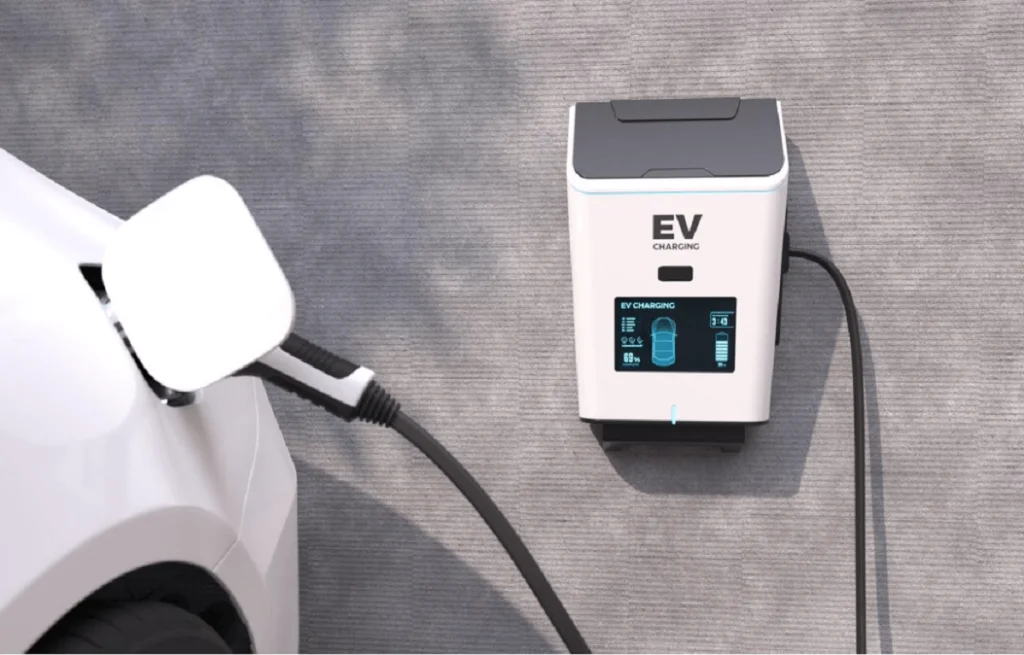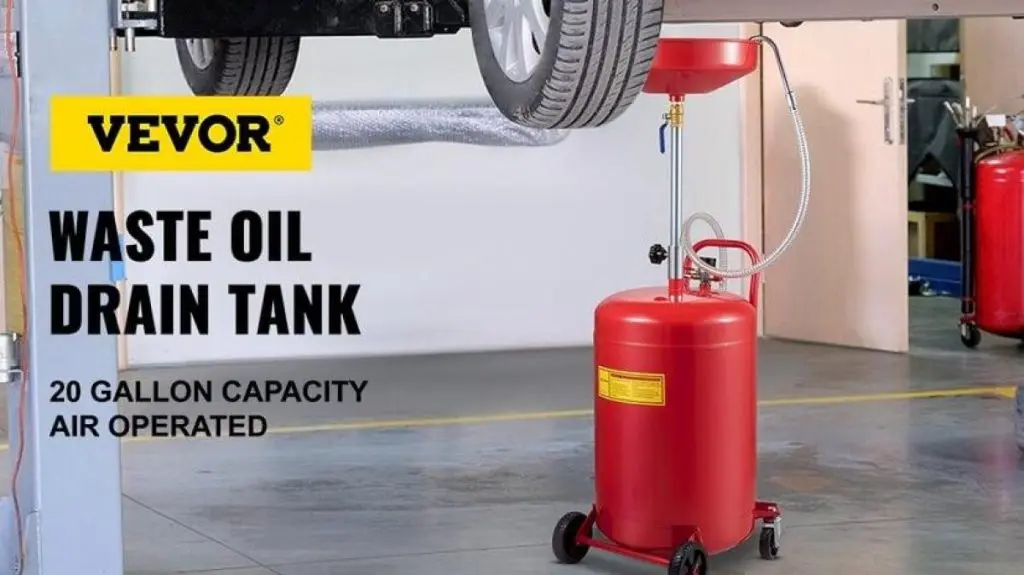The scene of smoke has become a common sight. The clear skies that we used to see are now a rare sight. So you must be feeling the importance of sustainability and reducing carbon emissions. Thus, EVs are becoming more popular than ever. Home charging solutions are convenient. way to power up your EV right from your own garage, making it easier to hit the road when you need to.
This is where the Level 2 EV charger comes in. What is a Level 2 EV charger? Well, these chargers offer faster charging speeds compared to standard chargers, due to their higher voltage. The Level 2 charger voltage is typically 240 Volts which is higher than standard household outlets at 120 Volts.
The next thing you need to know is about the basics and guidelines of Level 2 charger. This helps you with the efficiency of your EV charging setup. For this, you can take the help of the VEVOR table. It is an amazing tool for both DIY enthusiasts and professionals alike. This makes your work so much easier.
Now, are you ready to learn what is a Level 2 charger EV? Then, let us dive right in.
Table of contents
Understanding Level 2 EV Chargers
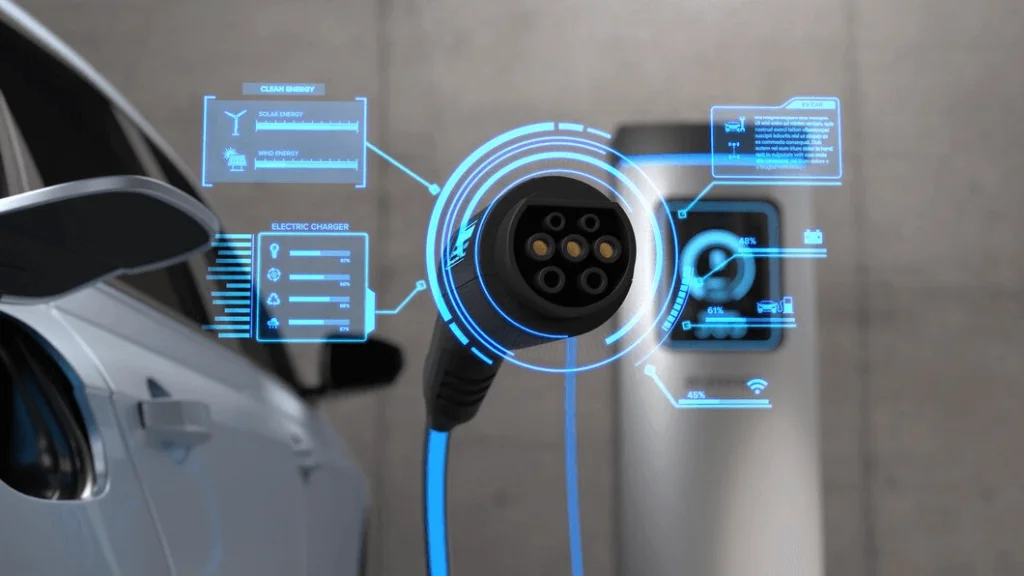
No one likes a hard time when doing tasks. Level 2 chargers are one of the ways to make your task easier and save time.
What is a Level 2 EV Charger?
To sum up, the Level 2 EV charger is basically a smart device made to charge vehicles. It works with a standard plug “J plug” or Tesla’s own charging cable. This plug is usually connected to a utility-style pole or box. It has all the software and technicalities necessary for your EV. Level 2 charger voltage has more speed and efficiency in charging your vehicle.
Level 2 chargers have a voltage of 240 V. This means you can charge your vehicle much faster, saving time that you spend waiting around.
In Level 1 vs Level 2 charger, the big difference is speed. Level 2 chargers can deliver more power to your EV. This largely reduces your charging time compared to Level 1 chargers. Plus, Level 2 chargers also come with additional features such as wi-fi connectivity and scheduling options.
The Technical Specs: Level 2 Charger Voltage and More
To continue, when talking about the voltage requirement for a Level 2 charger voltage, it is usually around 240 V. As we already mentioned, this is higher than your standard household outlets. This allows you to charge up your vehicle faster.
To go into more detail about the voltage in different countries, let me give you a brief. The United States uses 208-240 V. The J plug that is used in North America and Japan utilizes an input of a single phase that has 240 V. There is also a single phase 230 V and three phase 400 V input in Australia, Europe, and parts of Africa and the Middle East.
Now, why does voltage matter? Well, it is all about charging time and efficiency. With higher voltage, the charger can deliver more power to your EV’s battery in a shorter amount of time. Which means you spend less time waiting around and more time on the road.
This also means that you are getting more efficient. So you are getting more for the amount you pay for charging up your electric vehicle.
Why Choose a Level 2 Charger for Your Electric Vehicle?
Consequently, a Level 2 charger is definitely an amazing option. It provides us with speed and efficiency. Being faster than your regular Level 1 charger, it definitely won’t have you waiting around for long. You can have your EV completely juiced up in the passing of a night.
Providing you with higher voltage brings you the efficiency you need in this era. This only becomes better with its ease of use. Just plug it in and let it do its thing. You can take it anywhere when it is portable, like the VEVOR portable EV charger, making it even more convenient for you.
Key Features of Top Level 2 EV Chargers
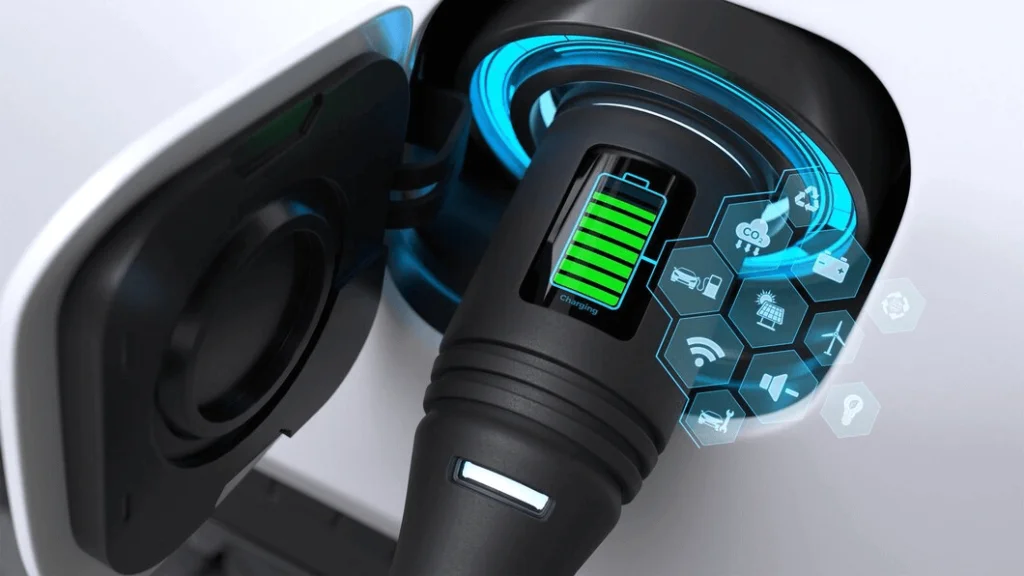
Have you already decided which Level 2 EV charger to choose for your electric vehicle? There are several major features to check for physically at this stage.
Firstly, you will need to go through some reviews of what each charger has to offer and the features and technology that are leading the market currently. Features such as fast charging, Wi-Fi connective functions, and construction materials will tell you that you’re paying for what you get.
Compatibility is the second big criterion when selecting an EV charger, no matter whether you need it for home or public use. You have to be sure that the type of charger you will be getting is compatible with the type of port that is used in your car and with your home’s setup.
Certain chargers could need additional adapters or installations, so you need to carefully observe beforehand for any add-on accessories.
Why does VEVOR Stand Out?
Now, we will discuss the aspect of why VEVOR is so unique among EV chargers. VEVOR not only equips all the notable technical advancements such as high charging speed and smart connectivity, but it also gives a way forward for improvised functionality and universal compatibility.
Through different hardware devices, the chargers are meant to work in harmony with the cars’ charging standards and home setup to ensure full compatibility for EV owners.
Moreover, the fact that VEVOR’s quality assurance and consumer content enjoyment supremacy are only another factor that contributes to their superiority over their competitors. From VEVOR you can be confident that you choose a product that is a reliable charger that will keep your electric ride on charge for many years.
The Cost of Level 2 EV Charging
Additionally, let us talk about how much a Level 2 charging station can cost you. There are various factors that go into play. It might be different for each individual but there is an average estimate to help you.
Initial Setup and Ongoing Expenses
First up, let us talk about the initial setup and the ongoing expenses. Let me break it down so it is easier.
- Hardware
The cost of the charging unit can vary from $300 to $1,0,000, depending on the brand with the most recently released technology, having a faster charging speed.
For example, the extra $50 to $200 will come from items such as cables or installation brackets.
- Installation
Installation fees can be hugely different and are affected by factors such as the way your house’s electrical setup, the distance from the electrical panel to the charging area, and whether there will be any permits or inspections required or not.
Typically, the basic installation cost of a Level 2 charging station amounts to at least $300. However, a more complicated installation or extension of your electrical system could raise the cost.
- Electricity Bill
Charging the EV at home will raise your electricity bill, but the amount will vary depending on the usage patterns of the EV car including your local electricity rate.
A home charging station will cost you an average of $6 in additional charges to fully charge your EV. Nevertheless, this might differ depending on your unique experiences.
How to Save Money on Level 2 Charging
One of the simplest ways of cutting down expenses is to use the electricity rates during off-peak hours. For instance, charging your EV over the night time or on weekends can be strategically done to ensure that you catch lower electricity prices, and this way you can save money.
As another piece of advice, make an investment in a smart charging station that enables your ability to set when you want to charge or to control your energy consumption from a distance. In this manner, you’re saving yourself from charging during ‘on-peak’ hours when power rates are much higher. Also, you have the chance to avoid overpaying for power rates.
And last, do not miss to check for EV owners if there are any rebates, tax credits, or incentives that are available to you. A lot of the governments and certain utility companies offer money awards for being eco-friendly. Look them up, and when you notice that you are able to save in any way, take a look at the savings opportunities that might come your way.
Installation and Setup
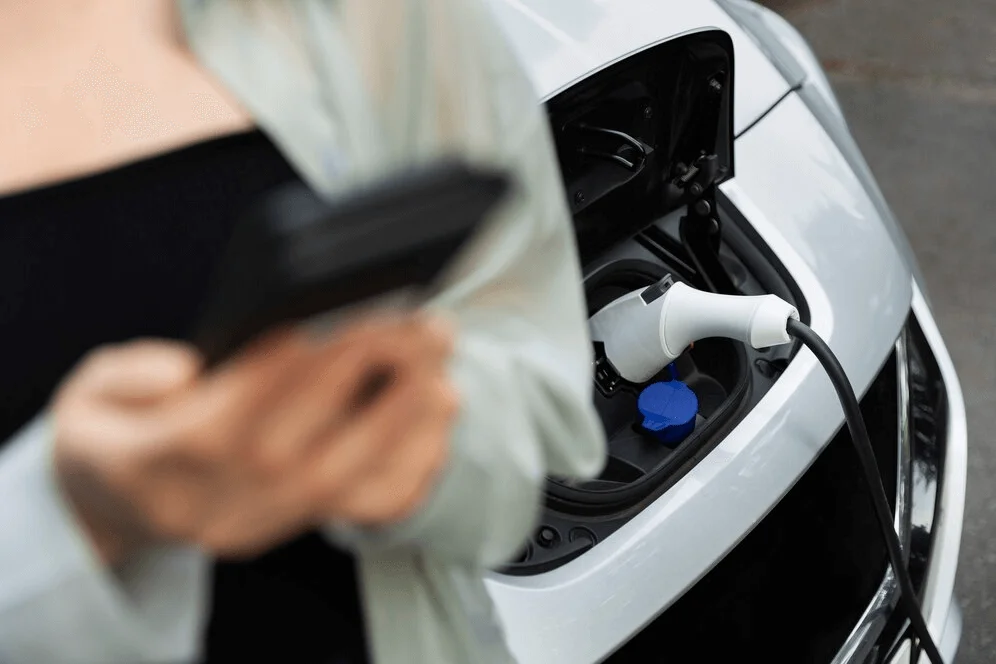
In continuity, there are a few more factors you need to consider for a good installation and setup of your charging station. Choosing the right location and knowing the requirements is something you must know. So here is a brief on these topics.
What You Need to Know Before Installing a Level 2 Charger
First of, you will need to consider the electrical requirements. Level 2 chargers require a dedicated circuit and higher voltage than your regular household outlet. So it is important to make sure your home’s electrical system can handle it.
Next, choosing the right location for your charger is crucial. Depending on your needs, you might install it at home, your workplace, or even go with public charging stations. Make sure to keep things like accessibility, convenience, and safety when making your decision.
DIY vs. Professional Installation
Likewise, let us bring in the age-old debate of DIY vs. Professional installation. Whether you are setting up new appliances, renovating, or doing other home-improvement jobs, it is so important to have precision in counting or measuring. That is where the right tools should be taken into consideration, and VEVOR’s table saw features like a swiveling stand and a blade guard bring the dream to reality.
Be it using DIY methods or getting professional installations, VEVOR’s table saw acquired through the precision tools will make a difference in whatever approach is applied. This important tool would make sure that your finishing is smooth, and the edges are even, regardless of what you’re working on e.g. woodworking projects, home renovations, or even making your own furniture.
In so doing, perhaps you are a veteran DIY fan or choose to hire a contractor, that precision equipment like VEVOR’s table saw will engender projects you have not been able to make thus far. Confirmed by its reliability and effectiveness, the VEVOR tool will ensure you have professional quality work that can be done in the comfort of your home!
FAQs on Level 2 EV Chargers
1. What is the difference between a Level 1 and a Level 2 EV charger?
Ans: So the main difference between Level 1 and Level 2 is the speed of charging. Level 1 uses a regular household outlet which makes it way slower. Whereas Level 2 is faster and needs a special charging station.
2. How fast can a Level 2 charger recharge an electric vehicle?
Ans: The Level 2 charger can charge your vehicle much faster than Level 1 as we have already established. It can typically add around 20-25 miles of range per hour depending on the vehicle and charger.
3. Are Level 2 chargers compatible with all-electric vehicles?
Ans: Yes, Level 2 is compatible with most electric vehicles! You see, they use a standard plug that works with EVs from different manufacturers.
4. What are the safety considerations when using a Level 2 EV charger?
Ans: safety is always very important when it comes to using a Level 2 EV charger. Make sure you follow the manufacturer’s instructions and use the correct cables and adapters. Also, make sure to keep an eye on any damage that might happen to your charger or outlet.
Conclusion
The Level 2 EV Charging system now becomes a game-changing technology in the hands of the modern electric vehicle owner. These fast charging stations are the best that one can get to improve the efficiency of the vehicle and user features as well if one is serious about enhancing the user experience and maximizing his EV.
With equipment of first-grade quality, which, for instance, VEVOR offers, you’ll be able to simplify the installation and operation of your charging station, thus being guaranteed hitch-free charging services for many years in advance.
Waiting anymore is not the choice, so take a step and Level up your charging solutions as well as your EV ownership journey right away with VEVOR products.

